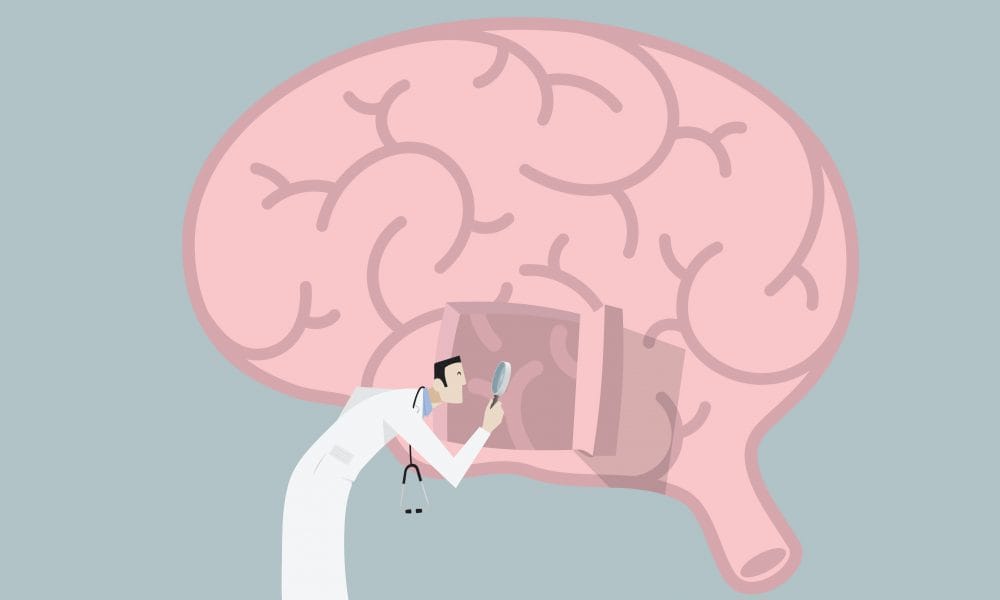‘The challenges have been many, but we’ve found ways to overcome them’

The COVID-19 pandemic has forced huge changes within case management and the traditional ways in which clients have been supported. In our continuing series of Q&A features with case managers across the country, Martin Gascoigne of Neuro Case Management UK (NCMUK) shares his experiences.
Can you summarise how the past few months have been for you.
The past few months for NCMUK have been extremely challenging. This is due to the Government initially ring fencing all of the PPE supplies for NHS staff which made it very difficult for us to procure the necessary equipment. Also, due to our Paediatric Clients Parents furloughing, we have experienced different challenges with the type and level of care that they felt they would like us to provide whilst still working in accordance with National Minimum Standards.
 How did you adapt to the restrictions of lockdown? Were you able to do this quickly or did it take a bit of time?
How did you adapt to the restrictions of lockdown? Were you able to do this quickly or did it take a bit of time?
We managed to adapt to all of the new guidelines effective immediately as we were informed by the Government that failure to conform with these would mean that we were no longer able to deliver the care needed. NCMUK therefore reassigned staff to new roles to deal with the new daily/weekly challenges set, identifying new sources of equipment provision, medication and standards of care.
What have been the main challenges – were you able to overcome them?
The main challenges we found were that of procuring PPE at a clinical level. Unfortunately we could not identify or purchase any in the UK and so in order to overcome this it was necessary for us to establish a regular supplier overseas who was able to both meet our needs and the needs of our clients.
Has the use of telerehab been of benefit to you?
NCMUK has indeed benefited from digital technology including Zoom and Facetime. During this period of lockdown, telephone calls and digital contact was the only way the case managers/directors could maintain a high level of communication with our suppliers, clients and families.
At this time we also relied on a digital marketing organisation which made sure that our company stayed at number one on page one with Google. This meant that we could maintain our on line presence and as a result of this we would benefit from new referrals which continued to keep us busy.
How have your clients responded? Was it difficult for them to adapt to?
Our clients did find it difficult just understanding the pandemic initially, as we all did, with the obvious additional worries that they would be infected by our carers. This concern, however, was alleviated as the NCMUK team provided all care in a fully barriered manner using face masks, aprons, gloves and hand wash following the Government guidelines set.
Do you feel the lack of face-to-face contact with clients or/and colleagues has been damaging?
Our carers have been continuing to attend their home visits following the correct guidelines throughout the pandemic. This meant that they continued to have face to face contact. New links have been established via digital marketing and Zoom calls but this has been a positive addition to our communication network and as we already undertake telephone reviews with our staff, there was no change to our relationship with our colleagues.
How central do you think the use of telerehab will be for you going forward?
The demand for digital technology going forward should mean that we can develop a better working practice combining the face to face home visits and the human side of our meetings/assessments alongside digital meetings. This has the benefit of reducing the carbon emissions of our team, whose level of travel is reduced.
How do you think the future of case management has been shaped by the pandemic?
The NCMUK team will have the opportunity now to work more from home, allowing them to complete basic administrative tasks within their own environment, thus reducing emissions due to unnecessary travel.
It will also mean that when completing some assessments, these can be carried out via Zoom/Facetime meaning that more out of reach areas throughout the England/Wales can be contacted more easily. It has been necessary for us to think of alternative methods of communication moving forward and these will probably be maintained in the future as they have been a success.
Will you be doing anything differently within your business going forward, compared to your working practices pre-pandemic?
The pandemic has changed our business considerably as we are all now working more from home with the benefit of our staff reducing their overall carbon footprint. This will continue and streamline the industry as there will be more work undertaken on a virtual basis as staff are able to complete the basis administrative tasks within their own home environment in lieu of travelling to the office. It will also allow NCMUK to have clients referred to us who live in more inaccessible areas of the England/Wales which should provide more people access to more services.










